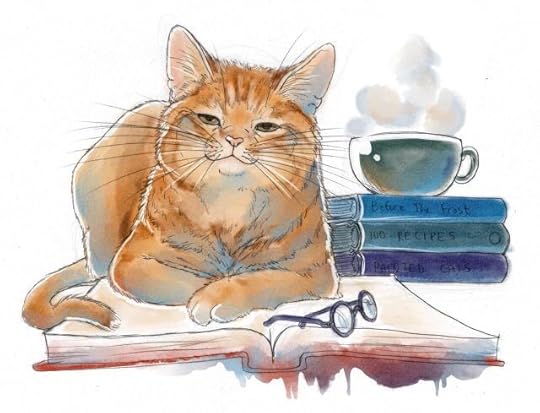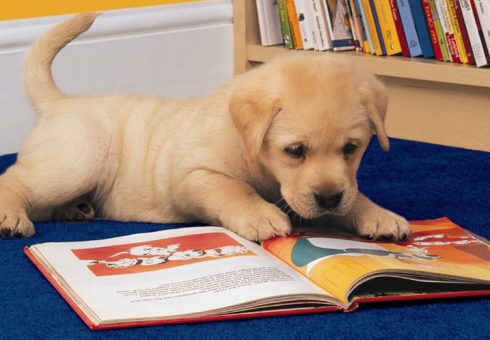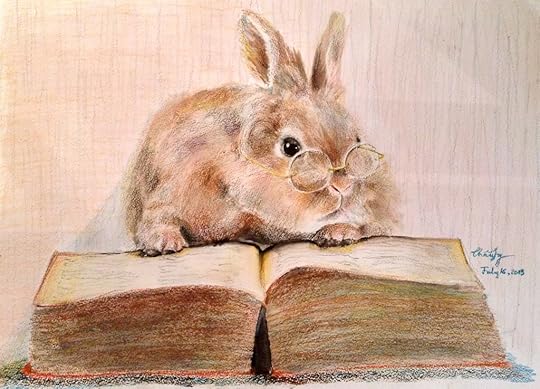How to be a Helpful Beta-Reader

This is especially timely, since I just sent out a manuscript to beta-readers. But I also know this is a subject that’s becoming more and more discussed in the world of blogging. The more indie authors that decide to engage the beta stage as part of their writing process, the more demand there is for such people to emerge and be called on to participate.
So, just what is a beta-reader, what do they do, and how might you become one? Just be patient, I’m getting there. With some tips for authors as well.
Beta-readers are people who read a more or less finished manuscript and help the author determine if it needs more work or not. We’re not really focusing on things like obvious typos or lack of a comma or a character’s name misspelled. In this instance, we’re talking about the meat-and-bones of the story — does it make sense? the plot? the character motivations? the dialogue? are there scenes that seem disjointed, or maybe they were apparently cut short?
Basically — if this book was released tomorrow, in its current state, and you read it as a paying customer, what would you think? Would you recommend it to others? Or would you muse to yourself, “It feels like the author could’ve cut…fleshed out more…included less…written a whole 20 pages about that shapeshifting tomato alien.”
Here’s the reason it’s helpful to authors in the pre-publishing phase — Although the writer maintains the creative control to not follow betas’ suggestions, many (especially indie authors) will be grateful for the feedback, and often will change or adjust certain things in their manuscript if it appears to be a consistent issue for several people. This “little” note can mean the difference between a few sales, and big sales.
(Now, remember — we writers are not bound by a blood oath to use betas’ suggestions. So, if an author feels your particular train of thought just won’t fit into their story, please don’t molt into a kumquat of despair over in the corner.)

Anyway… If you’d like to become a beta-reader, contact indie authors you know on social media, or keep an eye out for notices of people looking for betas. Most of the self-published community I’m familiar with will contact bloggers/reviewers they already know (and trust*) to ask if they’re interested in previewing their latest project. So, probably stalking — er, befriending some authors you already follow on Goodreads or Wattpad, etc., would be a good way to go. Post some reviews of their work — and detailed reviews are the best, so that we know just what you liked about our novel/play/poetry. We may think of you first when we’re getting ready to share our mostly-finished project with others!
*Trust does become an issue when it comes to intellectual property that is not yet copyrighted. Personally, I’m a little paranoid of the idea of somebody stealing my work, so I wouldn’t put a totally-open notice on the internet and send my manuscript to random people. Also, since I ended my debut novel with a big plot twist and sort of a cliffhanger, I really want my sequel to be beta-read by folks that I can trust not to leak spoilers to the rest of the world. Just something for authors to keep in mind, too.*
So, back to what most of us are looking for: Giving detailed and thoughtful analysis of what you read. How many of us would scroll right past the 1-line “review” on Amazon that simply stated, “This is so good!!!”, and search for the review that began, “This book is full of delightful characters, clever sub-plots, and a beautiful setting I could really picture myself in,” when trying to decide if we wanted to buy that new release?
This is exactly what most authors (this includes me) are after. It’s tremendously important to get feedback like, “When Charlie decided to walk his grandmother’s dog, that felt like big personal growth to me, ” or, “Was Sarah supposed to get fired, or did she quit? I wasn’t sure by the way you set up that conversation.” These fine details really help give us, the writers (who have been dealing with our own story for so long we’re nearly cross-eyed and practically sick of it) a fresh, overall perspective.

What are we requesting from our betas? Not much — mostly the time commitment (in my case, I gave my volunteers about a month to finish reading and collect their views), the effort, and perhaps a lemon meringue pie. (Okay, not the pie. But, yeah, that would be fantastic.) Anyway, it’s quite vital — at least if you’re a beta for me — that you put forth your sincere thoughts; please don’t say it was great just because you’re so glad I (or whoever) picked you to participate. Personally, at the moment, I feel there are a lot of holes in my current document, so I won’t be offended at all if someone else picks up on them. However, this brings me to my next very important point:
Even if you don’t like something, you still need to be tactful. For example, stating, “In Scene X, I just thought the violence wasn’t necessary,” or, “I don’t think Character 4 and Character 6 becoming a couple works, for them or for the story,” is a tactful way of crushing an author’s soul to smithereens of addressing what you see as possible problems for the book as a whole. Honestly, though, I’m sure we can all think of very nasty and not so nice ways of sharing the same sentiments, and imagine that we wouldn’t want to be on the receiving end of that. We’re all grown-ups here, right? (This counts for teen beta-readers, too.) Let’s behave like it.
There is a difference between being a beta and an ARC. With ARCs, the novel is deemed finished, and published, and those who receive an advance copy are sharing their thoughts in a review that goes up on Goodreads or a blog, for the whole world to see, forever, amen. When you’re a beta, your literary analysis is shared only with the author (in some cases editors/agents as well), and your feedback may mean changes are made to the story before it hits the printing press.
So, see, beta-reading is a very important part of this whole process that is writing a book. I imagine as self-publishing continues to grow, so will the demand for betas! So if you’d like to give it a go, we’re happy to have you join us!



Daley Downing's Blog
- Daley Downing's profile
- 36 followers



